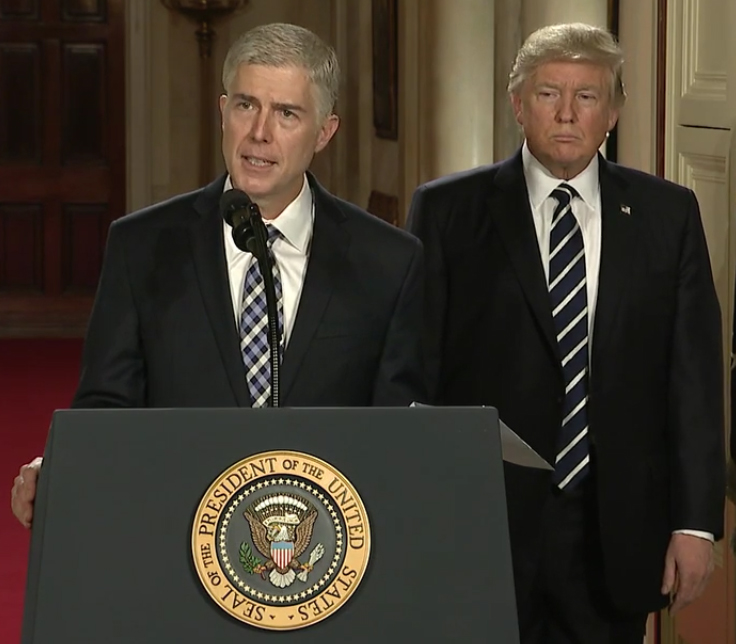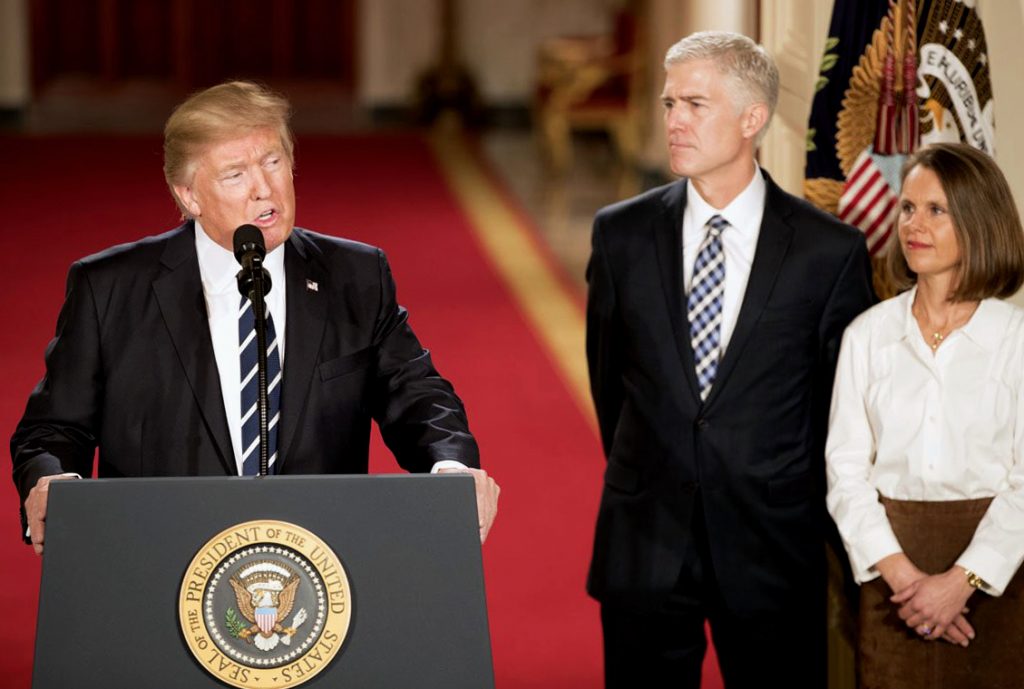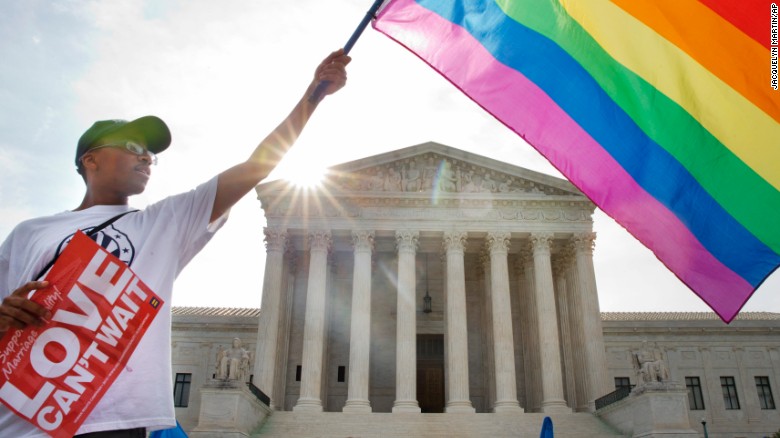
As you might be able to tell from my last post, I like Judge Gorsuch. I’d never heard of him before his nomination, but I listened into a lot of his hearing, and quickly came to respect his philosophy of judicial integrity.
Earlier today, I had a Facebook friend castigating Gorsuch for the “frozen trucker case.” This refers to a dissent that Gorsuch wrote in 2016. According to a critical Slate article by Jed Shugerman, here are the basic facts of the case:
Alphonse Maddin was a truck driver for TransAm. Late on a January night in temperatures below zero, he discovered that his trailer’s brakes had locked up due to the cold weather. (The truck itself could drive but not when attached to the trailer). He called TransAm’s road service for help at 11:17 p.m., and then discovered that the truck cabin’s heat was broken. He fell asleep and woke up two hours later with a numb torso. Maddin also could not feel his feet. He called the road service again, and they told him to “hang in there” despite the life-threatening conditions. He waited about 30 more minutes before unhitching the broken trailer. Although his supervisor ordered him to stay, Maddin decided to drive off with the truck after almost three hours in the subzero cold. A service truck did arrive 15 minutes after he left, but it’s hard to blame him for deciding not to risk his life. It’s amazing he waited so long at all.
TransAm fired Madding for leaving behind his trailer. In his turn, Maddin filed a complaint with OSHA, arguing that his decision to drive away from the trailer was statutorily protected. Then Tenth Circuit sided with Madding and OSHA, but Gorsuch wrote a strong dissent. This strong dissent has come back to haunt him, as Democrats in his confirmation hearing and journalists and pundits outside of it are using the dissent to paint him as having an “arrogant and cold judicial personality.”
I thought I’d look into this, so I read Gorsuch’s dissent, which you can find online here. Here’s the most important paragraph, where Gorsuch explains why he believes TransAm’s firing of Maddin wasn’t illegal:
It might be fair to ask whether TransAm’s decision was a wise or kind one. But it’s not our job to answer questions like that. Our only task is to decide whether the decision was an illegal one. The Department of Labor says that TransAm violated federal law, in particular 49 U.S.C. § 31105(a)(1)(B). But that statute only forbids employers from firing employees who “refuse[] to operate a vehicle” out of safety concerns. And, of course, nothing like that happened here. The trucker in this case wasn’t fired for refusing to operate his vehicle. Indeed, his employer gave him the very option the statute says it must: once he voiced safety concerns, TransAm expressly — and by everyone’s admission — permitted him to sit and remain where he was and wait for help. The trucker was fired only after he declined the statutorily protected option (refuse to operate) and chose instead to operate his vehicle in a manner he thought wise but his employer did not.
The logic is pretty straight forward and irrefutable. The law protects people who don’t operate equipment out of safety concerns. It doesn’t protect people who do operate equipment under safety concerns. And so–applying the statute–TransAm was free to fire Maddin as far as the law is concerned. And that is the only thing that Gorsuch (and his fellow judges) were called to decide. Gorsuch goes on:
… there’s simply no law anyone has pointed us to giving employees the right to operate their vehicles in ways their employers forbid. Maybe the Department would like such a law, maybe someday Congress will adorn our federal statute books with such a law. But it isn’t there yet. And it isn’t our job to write one — or to allow the Department to write one in Congress’s place.
This is a theme that Gorsuch talked about frequently during his hearing. Again and again he reiterated his position that a judge has to apply the law as it is actually written and can’t simply “interpret” the law in ways that suit our notions of justice or fairness or propriety or even common sense.
Reading between the lines, the majority opinion in this case was especially egregious because the judges invented a rationale for their position (siding with Maddin) that wasn’t even raised by the OSHA lawyers. Gorsuch points out that the majority opinion cites a prior ruling (Cehvron, U.S.A., Inc. v. Natural Resources Defense Council, Inc.) even though:
…the Department [OSHA] never argued the statute is ambiguous, never contended that its interpretation was due Chevron step two deference, and never even cited Chevron. In fact, the only party to mention Chevron in this case was TransAm, and then only in a footnote in its brief and then only as part of an argument that the statute is not ambiguous.
I don’t think there’s any doubt that Maddin should not have been fired. As a matter of morality and basic decency, that’s a given. But the responsibility to grant him that legal protection rests with the legislative branch. It’s their job to write the law to cover that case. They failed to do so. Relying on the judicial branch to fix their mistake by–in effect–amending the law to be what it should have been is impermissible under American rule of law. As Gorsuch put it, “it is our obligation to enforce the terms of that compromise as expressed in the law itself, not to use the law as a sort of springboard to combat all perceived evils lurking in the neighborhood.”
I don’t like the ruling that Gorsuch came to, and Gorsuch didn’t like it either, but it was certainly the correct ruling to make under the Constitutional system of law we are supposed to live under. According to his critics, this case is supposed to make me like Gorsuch less, but it’s not working. It makes me like him more.



